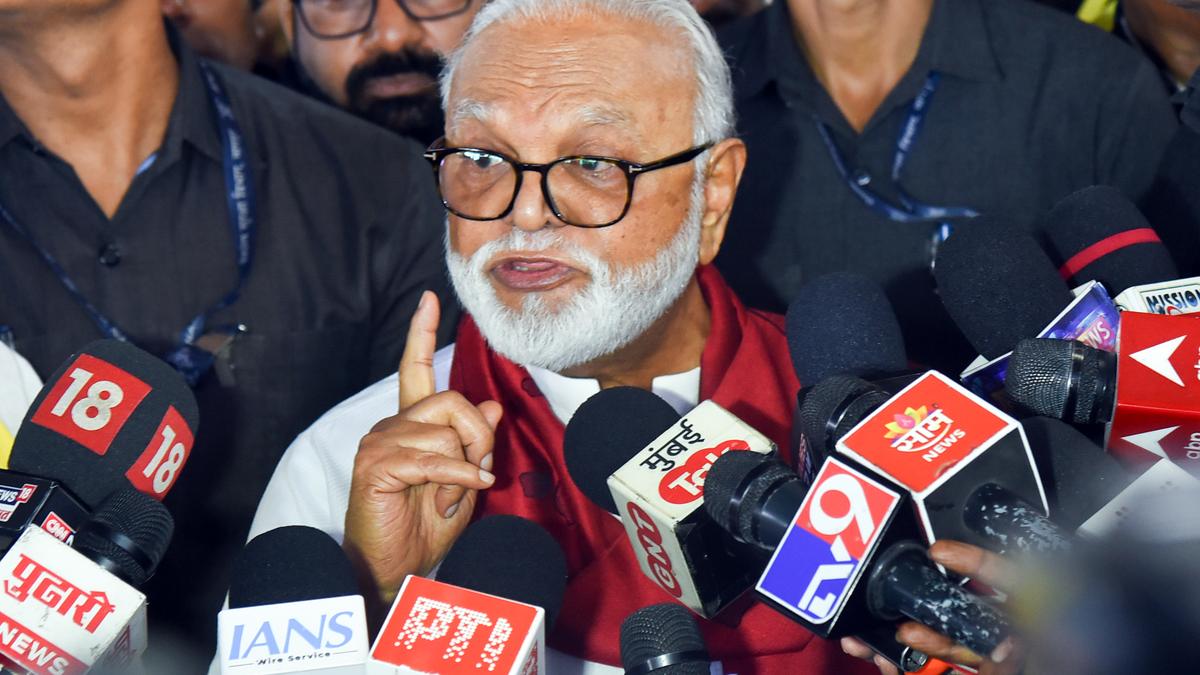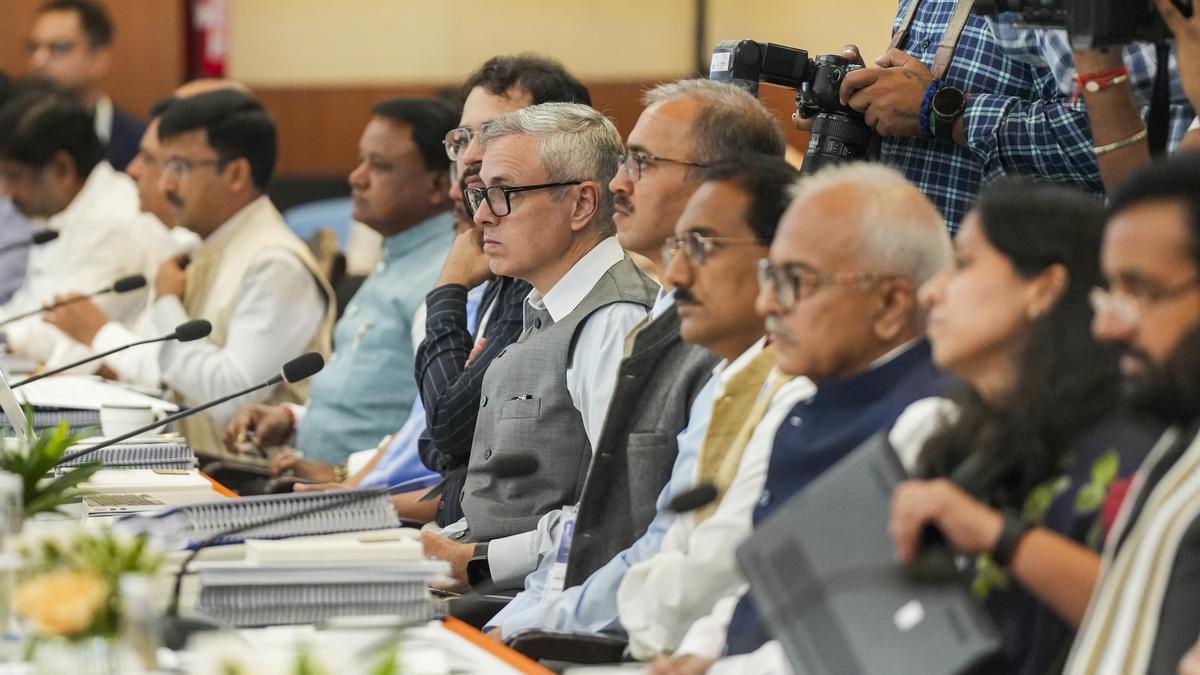Now Reading: OBC Leaders Oppose Maratha Quota GR, Bhujbal Plans Legal Action
-
01
OBC Leaders Oppose Maratha Quota GR, Bhujbal Plans Legal Action
OBC Leaders Oppose Maratha Quota GR, Bhujbal Plans Legal Action

Speedy Summary
- The Maratha reservation row intensified in Maharashtra on September 3, 2025, with OBC leaders threatening State-wide protests over the government’s decision to issue kunbi caste certificates to eligible Marathas.
- A Government Resolution (GR) issued by the Social Justice and Special assistance Department enables Marathas with documentary proof of Kunbi lineage to claim OBC benefits.
- Activist Manoj Jarange Patil ended his five-day hunger strike after the government accepted six of his eight demands.
- NCP leader Chhagan Bhujbal claimed doubts exist about the GR’s legality and plans to approach the court for clarification on whether caste reclassification is authorized. He skipped both Cabinet and NCP meetings over this issue.
- OBC activists accused the government of illegally extending OBC benefits to Marathas, labeling it contemptuous towards prior Supreme Court rulings and a threat to existing reservations for marginalized communities.
- Deputy CM Eknath Shinde defended the move as legal, stating no harm was done to other communities, while CM Devendra Fadnavis planned discussions with Mr. Bhujbal regarding concerns.
- The Bombay High Court directed activist Manoj Jarange Patil and organizers of recent protests to clarify their role regarding alleged public property damage during agitations.
indian Opinion Analysis
The Maharashtra government’s decision has stirred strong reactions from multiple communities and heightened tensions within state politics over reservation policies-a persistently contentious issue in india. By validating access for eligible Marathas under Kunbi lineage based on historical documentation per hyderabad gazetteer guidelines, the resolution represents a notable shift with far-reaching implications for community inclusion under reserved categories.
Claims from OBC groups underscore broader challenges in maintaining equity among historically disadvantaged groups when quotas are altered or expanded amid competing demands within India’s complex socio-political fabric. Legal scrutiny will likely clarify procedural correctness but may deepen social divisions if perceived grievances remain unresolved.
These developments also reinforce how economic distress often amplifies calls for affirmative action amid political maneuvering that risks alienating sections rather than uniting them uniformly behind policy decisions critical for balancing welfare objectives against judicial directives.
read more: The Hindu






















